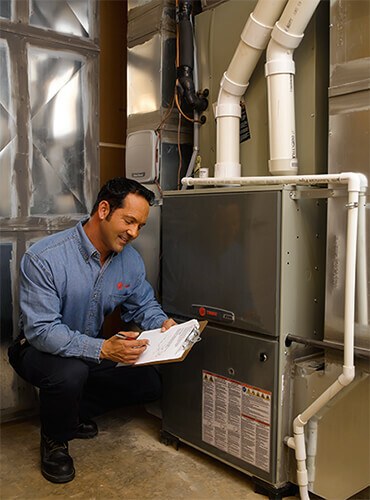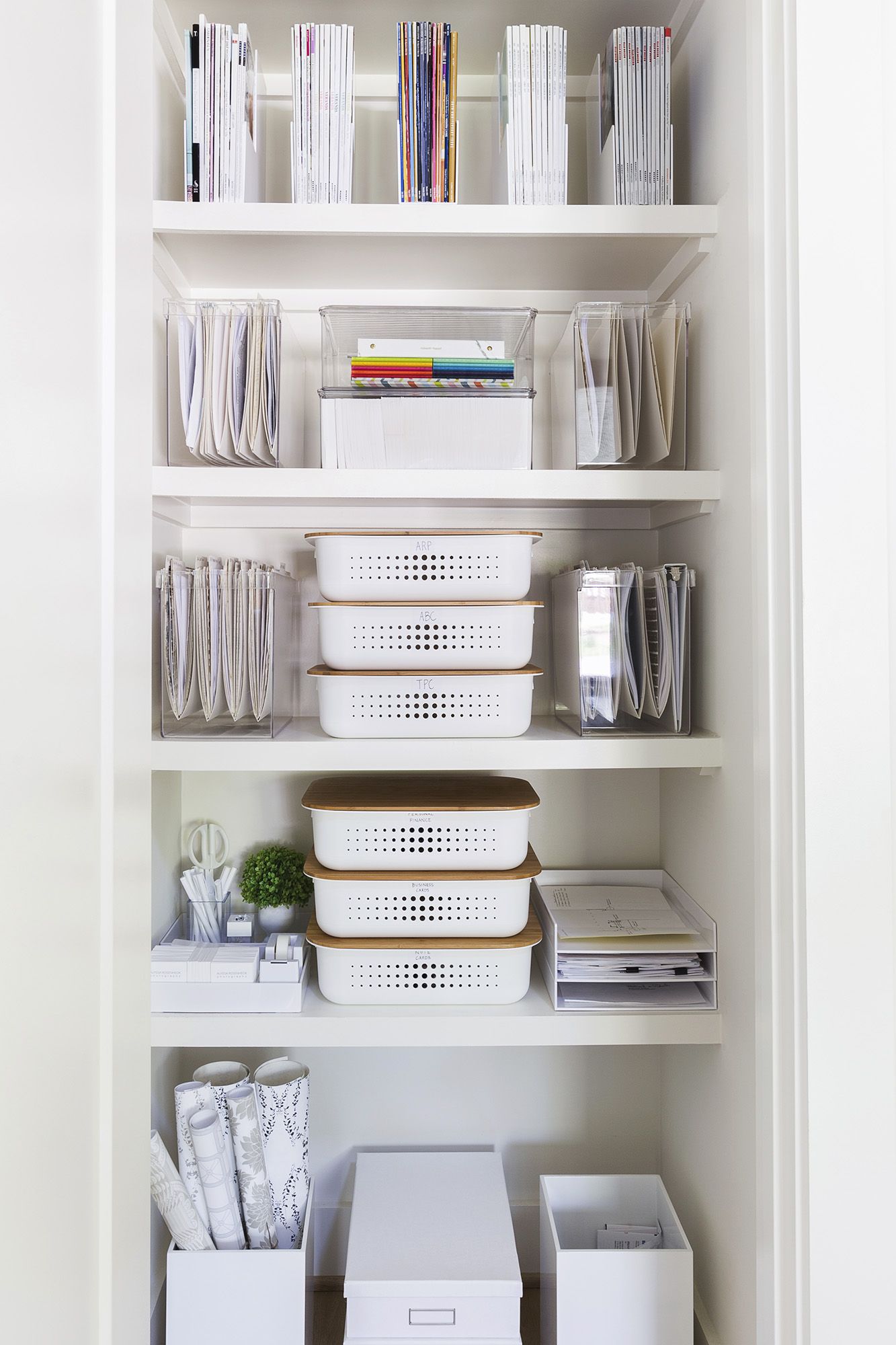
Ensuring Peak Performance: The Value of HVAC System Inspection
Routine HVAC system inspection is a cornerstone of proactive maintenance, ensuring that heating, ventilation, and air conditioning systems operate at peak performance. In this article, we explore the significance of HVAC system inspection, its benefits, and why it is a vital practice for both residential and commercial spaces.
The Purpose of HVAC System Inspection:
At its core, HVAC system inspection aims to assess the condition and functionality of heating and cooling systems. This thorough examination is conducted by HVAC professionals to identify potential issues, ensure safety, and optimize system efficiency. Regular inspections are essential for preventing unexpected breakdowns and maintaining indoor comfort.
Identifying and Addressing Wear and Tear:
Over time, HVAC systems experience wear and tear due to continuous operation. Inspection allows professionals to identify components showing signs of deterioration, such as worn-out belts, corroded coils, or damaged fans. Addressing these issues promptly prevents further damage, extending the lifespan of the system and minimizing the likelihood of major malfunctions.
Checking for Energy Efficiency:
Energy efficiency is a key consideration in today’s eco-conscious environment. HVAC system inspection includes an assessment of the system’s energy efficiency. Technicians examine components like filters, thermostats, and ductwork to ensure they are clean and functioning optimally. A well-maintained system operates more efficiently, leading to lower energy bills and reduced environmental impact.
Verifying Proper Airflow:
Proper airflow is crucial for maintaining consistent indoor comfort. During an HVAC system inspection, technicians check for any obstructions in the ductwork, ensuring that air can circulate freely. Addressing issues related to airflow not only improves comfort but also prevents strain on the system, contributing to longevity and efficiency.
Detecting and Repairing Leaks:
Leaks in HVAC systems, whether refrigerant or ductwork leaks, can lead to reduced efficiency and potential health hazards. Inspection involves detecting and repairing these leaks promptly. This not only preserves the performance of the system but also ensures that occupants are not exposed to harmful substances that may leak into the indoor air.
Preventing Safety Hazards:
Safety is paramount when it comes to HVAC systems. Inspection includes a thorough review of components like gas lines, heat exchangers, and electrical connections. Identifying and addressing potential safety hazards during inspection prevents the risk of gas leaks, electrical issues, or other dangers that could compromise the well-being of occupants.
Checking Thermostat Calibration:
The thermostat serves as the control center for HVAC systems, regulating temperature settings. During inspection, technicians check the calibration of the thermostat to ensure it accurately reflects the desired temperatures. Calibrating the thermostat contributes to precise temperature control, preventing energy waste and enhancing comfort.
Assessing Indoor Air Quality:
Indoor air quality is closely linked to HVAC system performance. Inspections include an assessment of filters and ventilation systems to ensure they effectively remove pollutants and allergens from the air. Maintaining high indoor air quality promotes a healthy living or working environment and reduces the risk of respiratory issues.
Planning for Seasonal Transitions:
Seasonal transitions, from heating to cooling and vice versa, can put stress on HVAC systems. Regular inspections help prepare the system for these transitions. Technicians can address any issues, replace worn-out components, and ensure that the system is ready to handle the demands of the upcoming season, whether it’s keeping a space warm in winter or cool in summer.
The Role of Homeowner Awareness:
While professional inspections are crucial, homeowner awareness is equally important. Educating homeowners about the signs of HVAC issues, the importance of regular maintenance, and the benefits of professional inspections fosters a collaborative effort in ensuring the longevity and efficiency of the system.
Explore the Benefits of HVAC System Inspection:
For a comprehensive HVAC system inspection that prioritizes performance, safety, and efficiency, visit us. Our expert technicians specialize in thorough inspections to keep your heating and cooling systems operating at their best. Contact us to schedule an inspection and experience the peace of mind that comes with a well-maintained HVAC system.



:max_bytes(150000):strip_icc()/beauty-unexpected-places-f54975c819b24ac181234d633b335d87-4c5c43ec22d84d02b8e863eb55552fd9.jpg)
